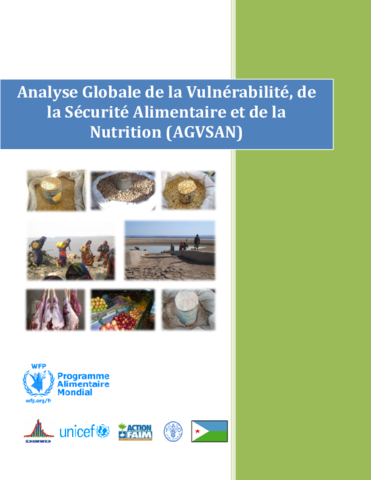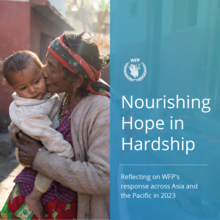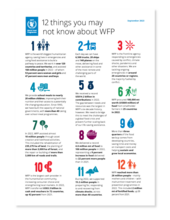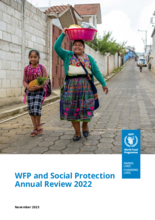
Over the last 13 months, the prevalence of food insecurity among rural households in Djibouti has decreased from 67 percent to 46.6 percent, with severe food insecurity decreasing by 6.4 percent and moderate food insecurity by 14 percent. The CFSVA found that almost 60 percent of food insecure households live in rural areas. Around 35 percent of rural households live in moderate food insecurity and 12 percent in severe food insecurity. In urban areas, 7.4 percent of households are moderately (6.5 percent) or severely food insecure (0.9 percent). Food insecure households are characterized by inadequate food consumption, with 87 and 50 percent of households severely and moderately food insecure respectively having poor food consumption. These households rely on a highly undiversified diet mainly based on cereals, tubers, oil and sugar. They spend almost the entire monthly budget on food (around 85 percent) and almost half of it on cereals and tubers. Both urban and rural households in the six regions, regardless of their livelihoods and income sources, depend almost exclusively on markets for the supply of food products. Food is sourced mainly by cash purchase by approximately 90 percent of the households.
| Document | File |
|---|---|
| Djibouti_CFSVA_2014_FINAL.pdf |
PDF | 5.77 MB
Download
|



